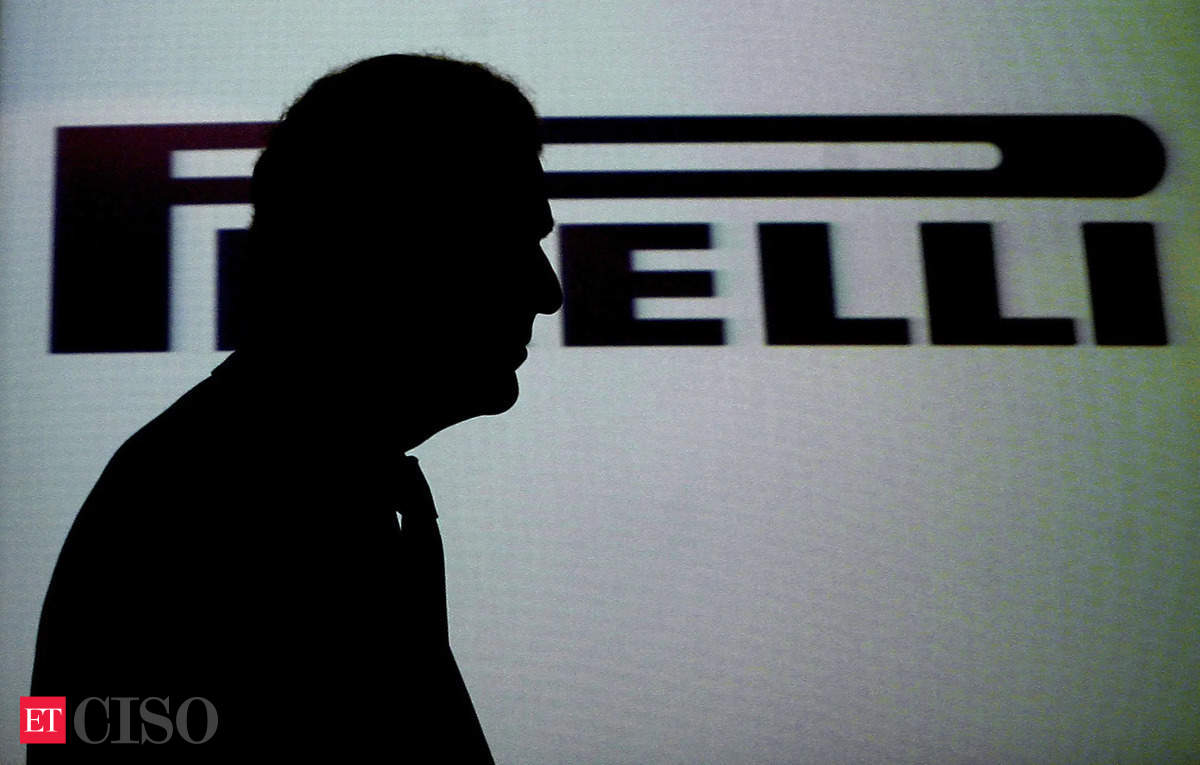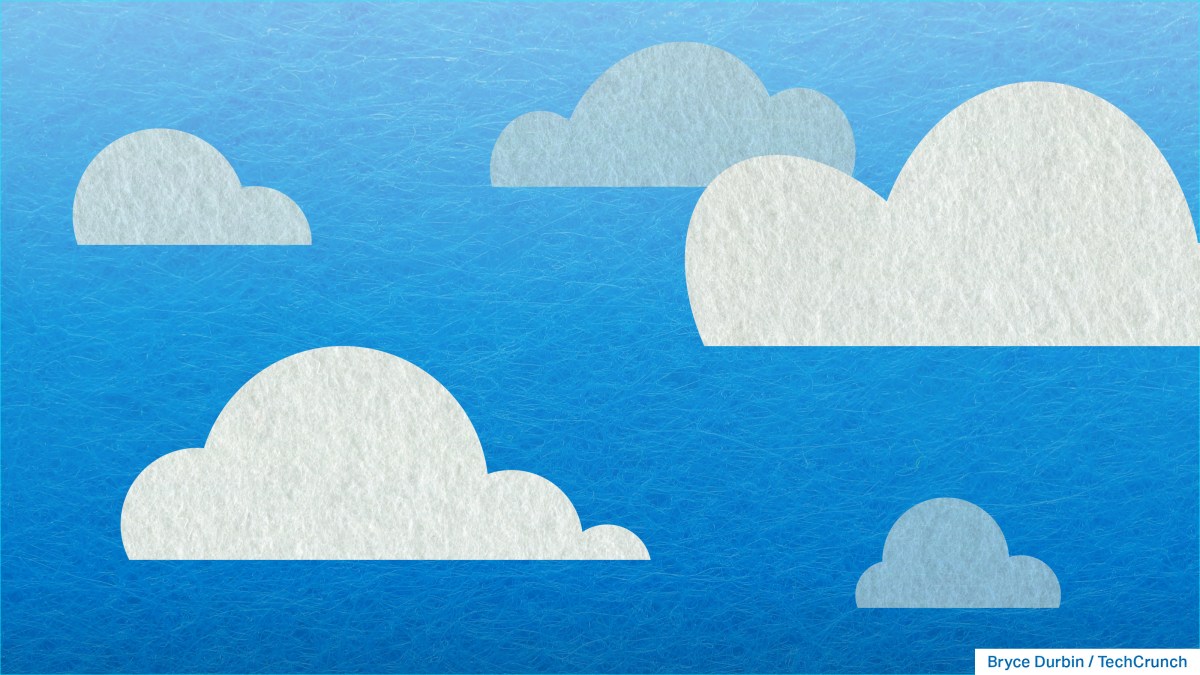OpenAI’s Latest Update Raises Copyright Concerns with Studio Ghibli-Style Images
In the past, OpenAI has been cautious about allowing users to create prompts that generate images mimicking Studio Ghibli’s art style, in order to avoid potential copyright lawsuits from the renowned anime studio. However, with the release of a new ChatGPT update, the company is now touting its ability to create more precise and photorealistic outputs. This update has led to an online trend where users are posting AI-generated images using OpenAI to transform themselves into characters from Ghibli films, such as Spirited Away, Princess Mononoke, and My Neighbor Totoro.
The new update has also led to verified accounts on X/Twitter praising OpenAI for democratizing animation by generating images that resemble Ghibli’s style. However, this trend has raised concerns about copyright infringement, as professional animators have spent years mastering the art style that AI is now mimicking. OpenAI’s CEO, Sam Altman, has appeared to condone the trend by changing his profile picture to a ChatGPT-generated image of himself as a Ghibli character.
In a post on his official X/Twitter account, Altman wrote about the unexpected attention he has received since the update, with hundreds of messages from users who have generated images of him in the Ghibli style. This has sparked a wider conversation about the impact of AI on the animation industry, with some arguing that it is democratizing art and others claiming that it is infringing on the rights of professional artists.
The issue is further complicated by the fact that AI initiatives like this one reflect a breathless tech bro sentiment about AI democratizing art, without considering the years of work that professional animators put into mastering their craft. This is not only a concern for the animation industry but also for voice actors who are battling for protections from AI-generated content.
The situation has been made worse by the official White House X/Twitter account joining the trend, posting Ghibli-fied images that dehumanize people in President Donald Trump’s massive deportation campaign. This has sparked outrage and raised questions about the responsibility of AI companies to consider the potential consequences of their technology.
Hayao Miyazaki’s Stance on AI-Generated Art
While Studio Ghibli has yet to issue an official comment on the matter, Hayao Miyazaki, the co-founder of the studio, has made his feelings about AI-generated art clear. In a 2016 documentary, Miyazaki was shown a demonstration of AI-generated art and responded by calling it "an insult to life itself." He stated that the creator of the art gave no thought to the pain and suffering that it depicted, and that he wanted nothing to do with it.
Miyazaki’s stance on AI-generated art is understandable, given the labor and dedication that he and his animators put into creating their films. A clip from the documentary 10 Years with Hayao Miyazaki shows a four-second clip from The Wind Rises that took animator Eiji Yamamori 15 months to complete. When Yamamori downplayed the achievement, Miyazaki responded by saying, "But it was worth it."
The incident has raised questions about the potential for Studio Ghibli to take legal action against OpenAI and ChatGPT for generating images in their style without permission. While it remains to be seen how the situation will unfold, one thing is clear: the issue of AI-generated art and copyright infringement is complex and multifaceted, and will require careful consideration and nuance to resolve.
Stay Up-to-Date with the Latest News
For more news and updates on the intersection of technology and entertainment, be sure to check out our coverage of the latest Marvel, Star Wars, and Star Trek releases, as well as our ongoing coverage of the DC Universe and Doctor Who.
Source Link





